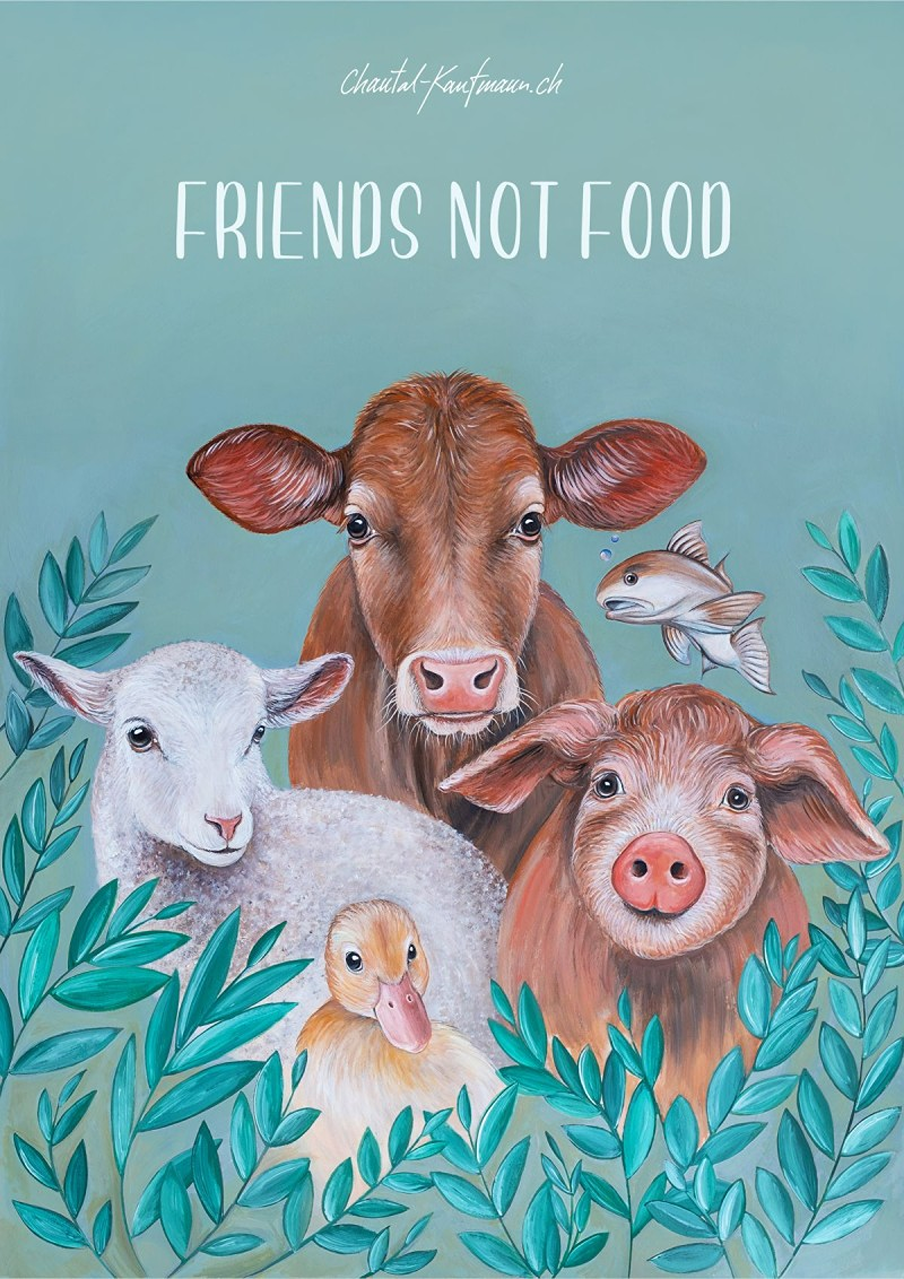Why Would Anyone Eat ‘Vegan Eggs?’
It’s unrealistic to suggest that everyone is going to be suddenly vegan. But if you do eat eggs, consider plant-based alternatives at least for some of the time. Or at least choose certified organic free-range eggs.
This means better welfare for chickens, and also less likely for chicks to be killed at birth (and the same for older hens), which happens even in the free-range industry.
Commercial farming tends to rush when sexing chicks, so sometimes they get mixed up. This is what happened when one woman bought three duck eggs (presumed unfertilised) from Waitrose. But they hatched (thankfully she knew what she was doing). She named them Beep, Peep & Meep!
Learn to cook your own meals is peaceful politics in action, so you are no longer slave to supermarket ready-meals, packed with processed battery-farmed eggs. You only need to master a few recipes, and you’re away!
Before cooking, read our post on food safety for people and pets. Just bin allium scraps (onion, garlic, chives, shallots, leeks) as like tomato/rhubarb/citrus, acids could harm compost creatures.
Recycle packaging at supermarket bag bins, if your kerbside doesn’t recycle.
Read our posts on how to make:
Issues with Buying Real Eggs
Millions of eggs are eaten daily across England. And although most people who eat eggs prefer free-range, there is still a huge market for battery-farmed eggs (especially in processed foods) along with cage-free eggs (this means around a mug coaster worth extra space for a poor hen, who is debeaked to stop her pecking other hens out of frustration).
Recently, one RSPCA-assured egg farm that supplies to Tesco & M & S found ‘free-range hens’ with no access to outdoor space and one hen even found hanging upside down, trying to escape a faulty piece of equipment.
No doubt the supermarkets were also appalled. But this is good reason (if you eat eggs) to always find certified free-range eggs from farm shops and local farmers.
Certified organic eggs are even better because as well as having access to outdoor space, hens have a bigger area of space (at a younger age) and are only given antibiotics on welfare grounds, as medicine for illness.
Why Don’t Vegans Eat Eggs?

Obviously eggs are a major food allergen. But most people who don’t eat eggs, is due to being vegan. A lot of the egg industry kills baby chicks at birth, as they are of no financial worth (they are gassed or literally thrown into grinders). And older egg-laying hens are also often killed, even in the free-range industry.
Such practices are gradually being phased out in Germany, but not yet in the UK. Again, this is less likely to happen if you buy eggs from a local free-range farmer.
Where to Buy Good ‘Vegan Eggs’

Peggs are made by chickpeas, not chicks! This ideas was born during the pandemic, when the founders wished to make omelettes and French toast.
Cheesy-tasting nutritional yeast and sulphur-smelling black salt is combined with chickpeas for a realistic ‘vegan egg’. Free from soy and shelf-stable.
Crack’ed is a popular ‘liquid vegan egg’ sold in most stores. After experimenting with 46 different plant proteins, this company plumped for pea protein to create an ‘egg’ you can use to make scrambles, Yorkshire puddings, cakes, cookies, omelette and egg pasta. To make a scrambled egg, just add to a little heated oil and stir for a few minutes).
One bottle keeps around a month (once open, keep in the fridge and use within a few days). Not for children under 6 due to the thicker methyl cellulose that’s high in fibre (same with most vegan sausages).
EVERYegg is a ‘liquid egg’ made without the hen, created by a bio-tech company using DNA sequencing. It may sound a bit Frankenstein food, but it’s likely safer than real eggs (with factory farms and Avian flu risks) and is already used by Michelin-star chefs.
It uses precise fermenting to insert the DNA sequence of chicken egg protein and insert it into yeast. So it’s not actually an egg – but must carry an egg allergy warning.








